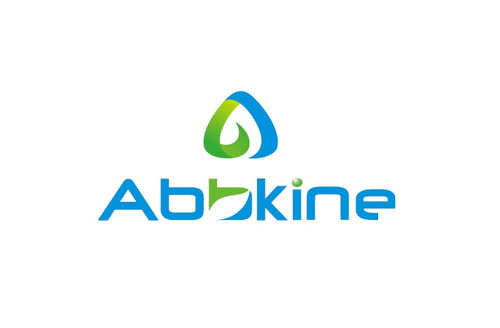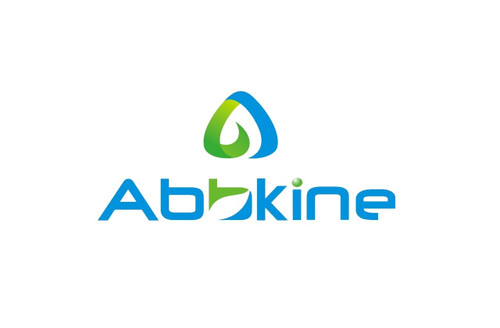Product Description
Rat Transforming protein RhoA (RHOA) ELISA Kit | AE22201RA | Abebio
Species Reactivity: Rat (Rattus norvegicus)
Abbreviation: RHOA
Alternative Name: ARH12; ARHA; RHO12; RHOH12; Aplysia ras-related homolog 12|oncogene RHO H12|small GTP binding protein RhoA
Application: ELISA
Range: 0.156-10 ng/mL
Sensitivity: 0.065 ng/mL
Intra-Assay: ≤4.8%
Inter-Assay: ≤7.2%
Recovery: 1, 03
Sample Type: Serum, Plasma, Other biological fluids
Detection Method: Sandwich
Analysis Method : Quantitive
Test Principale: This assay employs a two-site sandwich ELISA to quantitate RHOA in samples. An antibody specific for RHOA has been pre-coated onto a microplate. Standards and samples are pipetted into the wells and anyRHOA present is bound by the immobilized antibody. After removing any unbound substances, a biotin-conjugated antibody specific for RHOA is added to the wells. After washing, Streptavidin conjugated Horseradish Peroxidase (HRP) is added to the wells. Following a wash to remove any unbound avidin-enzyme reagent, a substrate solution is added to the wells and color develops in proportion to the amount of RHOA bound in the initial step. The color development is stopped and the intensity of the color is measured.
Product Overview: RhoA is a small GTPase protein known to regulate the actin cytoskeleton in the formation of stress fibers. It acts upon two known effector proteins: ROCK1 and DIAPH1. RhoA is part of a larger family of related proteins known as the Ras superfamily; proteins involved in the regulation and timing of cell division.RhoA activates ROCK (RhoA kinase) which stimulates LIM kinase, which then stimulates Cofilin, which effectively re-organises the Actin cytoskeleton of the cell. In the case of neurons, activation of this pathway results in growth cone collapse, therefore inhibits the growth and repair of neural pathways and axons. Inhibition of this pathway by its various components usually results in some level of improved remyelination.
Stability: The stability of ELISA kit is determined by the loss rate of activity. The loss rate of this kit is less than 5% within the expiration date under appropriate storage condition. The loss rate was determined by accelerated thermal degradation test. Keep the kit at 37°C for 4 and 7 days, and compare O.D.values of the kit kept at 37°C with that of at recommended temperature. (referring from China Biological Products Standard, which was calculated by the Arrhenius equation. For ELISA kit, 4 days storage at 37°C can be considered as 6 months at 2 - 8°C, which means 7 days at 37°C equaling 12 months at 2 - 8°C) .
 Euro
Euro
 USD
USD
 British Pound
British Pound
 NULL
NULL








